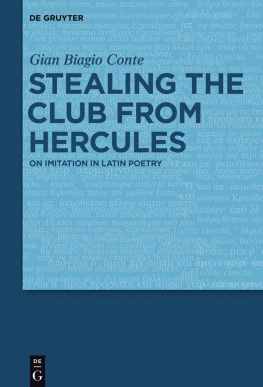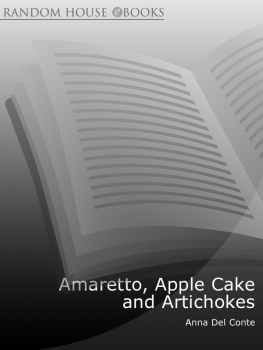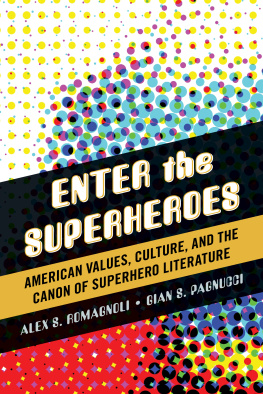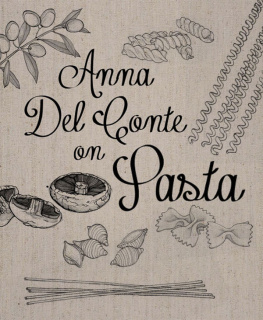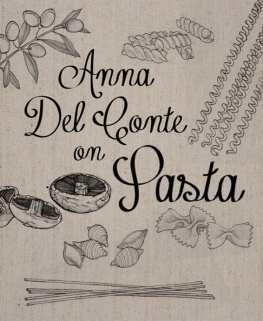Gian Biagio Conte - Stealing the Club from Hercules
Here you can read online Gian Biagio Conte - Stealing the Club from Hercules full text of the book (entire story) in english for free. Download pdf and epub, get meaning, cover and reviews about this ebook. year: 2017, publisher: Walter de Gruyter, genre: Detective and thriller. Description of the work, (preface) as well as reviews are available. Best literature library LitArk.com created for fans of good reading and offers a wide selection of genres:
Romance novel
Science fiction
Adventure
Detective
Science
History
Home and family
Prose
Art
Politics
Computer
Non-fiction
Religion
Business
Children
Humor
Choose a favorite category and find really read worthwhile books. Enjoy immersion in the world of imagination, feel the emotions of the characters or learn something new for yourself, make an fascinating discovery.
- Book:Stealing the Club from Hercules
- Author:
- Publisher:Walter de Gruyter
- Genre:
- Year:2017
- Rating:5 / 5
- Favourites:Add to favourites
- Your mark:
- 100
- 1
- 2
- 3
- 4
- 5
Stealing the Club from Hercules: summary, description and annotation
We offer to read an annotation, description, summary or preface (depends on what the author of the book "Stealing the Club from Hercules" wrote himself). If you haven't found the necessary information about the book — write in the comments, we will try to find it.
Stealing the Club from Hercules — read online for free the complete book (whole text) full work
Below is the text of the book, divided by pages. System saving the place of the last page read, allows you to conveniently read the book "Stealing the Club from Hercules" online for free, without having to search again every time where you left off. Put a bookmark, and you can go to the page where you finished reading at any time.
Font size:
Interval:
Bookmark:

Gian Biagio Conte
Stealing the Club from Hercules
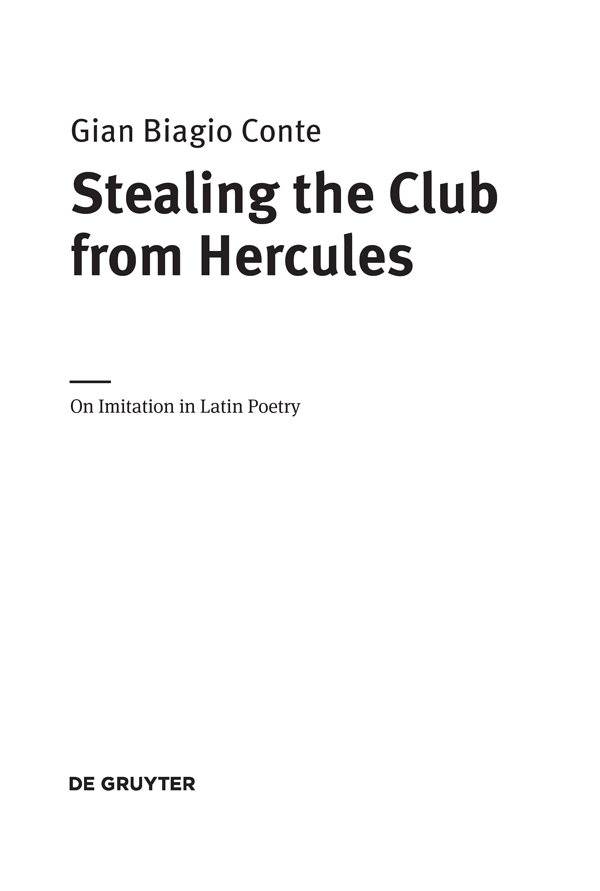
 | An electronic version of this book is freely available, thanks to the support of libraries working with Knowledge Unlatched. KU is a collaborative initiative designed to make high quality books Open Access. More information about the initiative can be found at www.knowledgeunlatched.org |

Dieses Werk ist lizenziert unter der Creative Commons Attribution-NonCommercial-NoDerivatives 3.0 Lizenz. Weitere Informationen finden Sie unter http://creativecommons.org/licenses/by-nc-nd/3.0/.
ISBN 978-3-11-047220-2
e-ISBN (PDF) 978-3-11-047583-8
e-ISBN (EPUB) 978-3-11-047415-2
Library of Congress Cataloging-in-Publication Data
A CIP catalog record for this book has been applied for at the Library of Congress.
Bibliographic information published by the Deutsche Nationalbibliothek
The Deutsche Nationalbibliothek lists this publication in the Deutsche Nationalbibliografie; detailed bibliographic data are available in the Internet at http://dnb.dnb.de.
2017 Walter de Gruyter GmbH, Berlin/Boston
Dieses Buch ist als Open-Access-Publikation verfgbar ber www.degruyter.com.
www.degruyter.com
This little book is the result of a relapse. I thought I had long since been cured of the (juvenile) affliction of literary theory, but clearly I was not permanently immunized. Many years ago, when I too was a victim of the widespread epidemic, I wrote an essay pursuing those interests. Once the fever had abated I followed a different course. I occupied myself with interpreting poetic texts, then prose texts, and I composed a history of Latin literature; then I devoted myself to textual criticism and also prepared critical editions. In short, I practiced the usual trade-skills of a classical philologist. However, those earlier experiments with literary theory helped me to refine a method of textual analysis (a pursuit which in our profession has been honored by a long tradition of scholarship). Other scholars, not only in Italy but in Great Britain and the United States, have since accompanied me on that path, often explicitly referring to the ideas I articulated, at times with additions and developments.
The years have passed, not without leaving their traces. The field of textual analysis has changed considerably since those pages were written, and I too have developed some ideas in a different direction, or simply in a more nuanced and less rigid manner. Indeed, back when I was preoccupied with devising an organic system that could contain the different forms of literary imitation, I ended up burying among the elements of this system a procedure which for many reasons resisted harmonization and wanted its own space. I am referring to the arte allusiva , and the crucial problem of intentionality in imitation. It is not that I have repented of my earlier opinions, only that my second thoughts, todays thoughts, seem to me more reasonable than the earlier ones.
However, if I am returning to my old haunts it is not just to make amends. If anything, it is to show myself more resolute than I was in those days, when I reasoned as if the originality of poets, at least the great ones, was diminished by incidental traces of imitation, and thus concluded that originality had to declare itself despite the blemish caused by imitation. If I relapse now into the malady of theory, this is only to demonstrate (I try to do this in the first chapter, in which I analyse Virgils working over of the text of Homer) that on the contrary, imitation very often is the actual path of originality, the condition thanks to which it is brought into beingat least in the classical literatures, and as I believe, not only there.
In the second chapter I reconstruct the presuppositions of a method. But above all I assess its limitations, whether negative or positive: in the negative column, the method contained its own deficiencies and blunders which it now seems to me important, in the light of experience, to point out; on the positive side, it turned out to be powerfully effective, if its rules were respected. Its field of application was narrowly circumscribed: it did well what it was able to do, but lost value and impact if it overstepped the threshold of its legitimacy. It demanded restraint in its use. The memory of the poets (or intertextuality, as it would soon after be called by that felicitous and efficacious neologism) worked if one recognized the dynamism of a verbal network woven with the threads of poetic tradition; the tradition provided the materials ready for re-use, and the text repurposed it for a new meaning, its own real meaning. But the meaning and this was the limit of the methodhad to keep itself in check by respecting the concrete limits imposed by signs that could be practically rediscovered in the models, the only sure evidence of imitation.
Indeed, to allege an imitation without being able to point to convincing traces and proofs would be a serious betrayal of the intertextual method; it would emerge as invalidated beyond cure, and would lose the only merit that makes it strong, which consists in the factual nature of the procedure of imitation, whereby the philologist is obliged in every case to supply objective evidence. This is a betrayal which in the recent past has been incorporated in the pages of some well-intentioned disciples of intertextual research, when, influenced by new hermeneutic experiences, they have enriched the traditional method with implausible applications. I will discuss these attempts with a touch of polemic coloring in the last part of the second chapter, but not with hostility. I even recognize in the work of these scholars ingenuity, and reasoned (if not reasonable) propositions. But I maintainand this is what I am trying to provethat such speculations, however evocative, invalidate the method and render it untrustworthy, inasmuch as they undermine its empirical foundations. Perhaps to these new acolytes the intertextual method seemed, so to speak, impoverished by restricting itself only to the explicit data of the text, and thus unable to function without unequivocally obvious data. Perhaps it will indeed prove to be impoverished, but it is a mark of intelligence to accept the limits of a method. In the rich encyclopedia of memory, there are countless elements than that in given text might evoke, but it is not legitimate to believe that everything that can be memorized becomes by virtue of that fact a potential object of imitation. The philologist can only take into account candidates that are actually justified by the purported imitation itself.
In recent years I have discussed these problems with friends but also with students of my seminar at the Scuola Normale of Pisa: I particularly thank for their suggestions Donatella Agonigi, Giulia Ammanati, Luigi Battezzato, Emanuele Berti, Lisa Piazzi, Valentina Prosperi and Alessandro Tosi.
GBC
Nihil autem crescit sola imitatione
Quint. Inst.10.2.8
Biographers often cannot resist the temptation to romanticize the facts. To enliven a tale, or to dramatize it they supply their characters with some bon mot which they actually never uttered. One of the best known among the many anecdotes contained in the ancient lives of Virgil reports a sharp reply that the poet supposedly made to his malicious detractors. Even if the anecdote should really be attributed to the imagination of the schoolmasters, it preserves the traces of a debate which would soon preoccupy Virgils ancient readers. When he was accused of having committed frequent furta in the Aeneid at the expense of of the Homeric poems, Virgil supposedly retorted, it is easier to steal Jupiters thunderbolt or Hercules club than a line from Homer.
Font size:
Interval:
Bookmark:
Similar books «Stealing the Club from Hercules»
Look at similar books to Stealing the Club from Hercules. We have selected literature similar in name and meaning in the hope of providing readers with more options to find new, interesting, not yet read works.
Discussion, reviews of the book Stealing the Club from Hercules and just readers' own opinions. Leave your comments, write what you think about the work, its meaning or the main characters. Specify what exactly you liked and what you didn't like, and why you think so.

